So, here I've got a locally stored file named "its_me.pdf" in the assets folder.
I'm trying to reference a download to the PDF using an HTML tag
<a href="../assets/its_me.pdf" download>PDF</a>
It is a real PDF file, if I go double click on the file manually I can see it display and it's real. However, when I go to my application on: http://localhost:4200/its_me (name of route in which it lives), and click on the link, I get a "Failed - No File" error.
